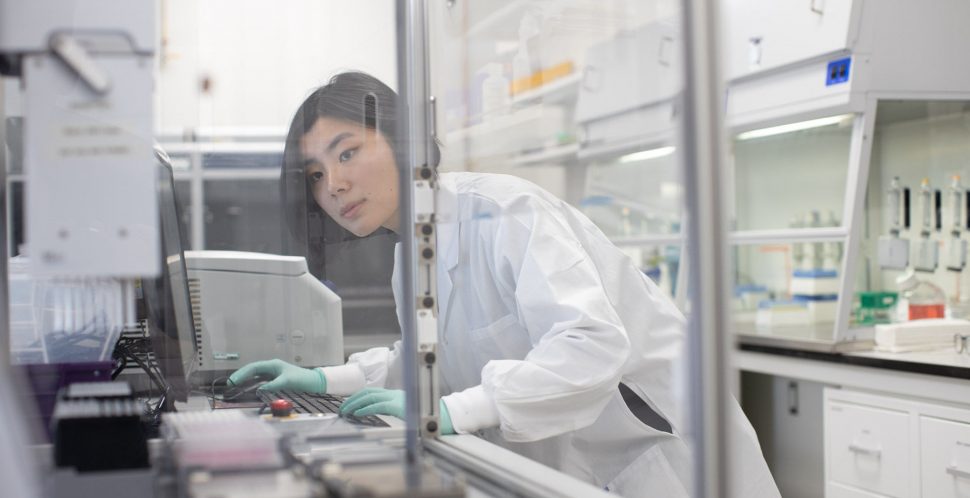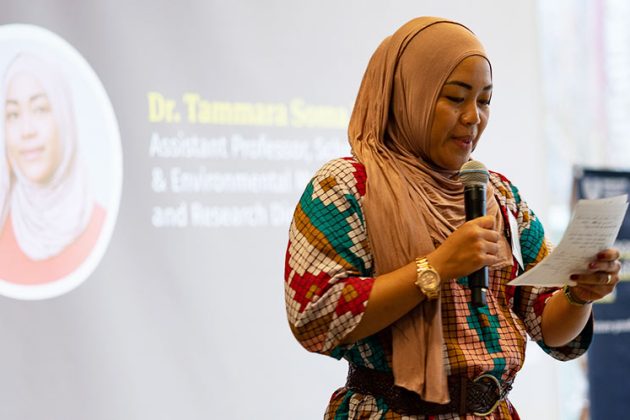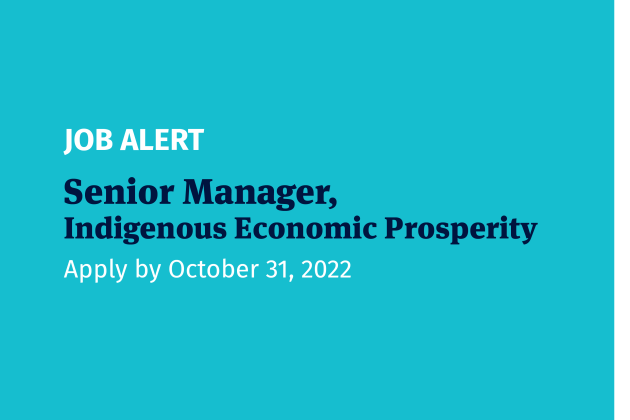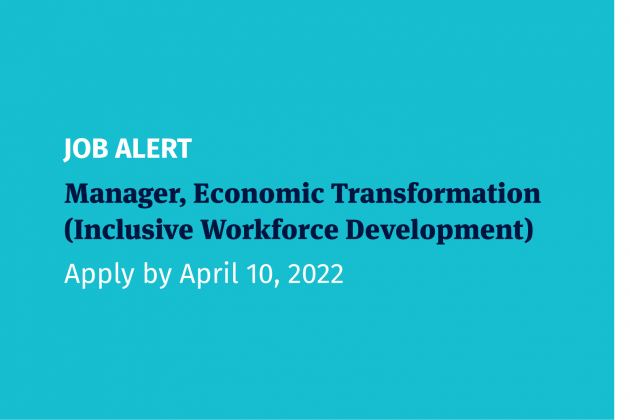Biotech Company Shares Public’s Crucial Role in Helping Scientists Design a Treatment for COVID-19
Image: An Abcellera scientist prepares reagents for a microfluidic single-cell assay. Photo Credit: AbCellera
In March, Vancouver-based biotech firm AbCellera Biologics Inc. became the first company in North America to receive a blood sample from a patient who had recovered from COVID-19. Within days of using their industry-leading antibody technology to analyze the sample, the team had identified 500 antibodies with potential to treat the respiratory illness – the world’s largest panel of antibodies to date.
Weeks later, AbCellera has made even further strides, collaborating with pharmaceutical and diagnostics companies to aggressively progress development of research that will help scientists and medical professionals better understand, treat and prevent COVID-19. We spoke with Andrew Booth, chief financial officer of AbCellera, to learn more about this unprecedented speed of innovation and the public’s crucial role in supporting scientists’ work.
Describe the pace of discovery when AbCellera successfully uncovered antibodies with the potential to treat COVID-19.
The process went like lightning. In just three weeks, our team went from discovering antibodies in the patient sample to identifying potential drug candidates. In just three days, we screened more than five million immune cells. Two days later, we sequenced the cells that secreted antibodies that bind to the virus, and found more than 500 antibodies. At that point, we realized that AbCellera needed to partner with a drug development company so we could get a treatment produced as quickly as possible. We connected with Eli Lilly, and signed the contract within 10 days.
How did AbCellera identify antibodies so quickly?
AbCellera is well prepared for the sprint to find antibodies. Throughout our company’s history, we’ve been fortunate to receive funding from organizations like Western Economic Diversification Canada (now PacificCAN), Defense Advanced Research Projects Agency (DARPA) and the Bill & Melinda Gates Foundation, which has allowed us to embark on unprecedented antibody research. A few years ago, we did a capability demonstration on the MERS coronavirus, to test our approach to rapidly developing an antibody treatment in a simulated pandemic scenario.
Today, companies around the world can quickly connect and share information and breakthroughs in a way that wasn’t possible during past pandemics. How has this supported research and development around COVID-19?
The connectedness between the scientific, tech and biotech communities is extremely positive. It’s impressive to witness the speed at which the entire world, irrespective of borders, has come together, and the relationships that have been forged between the scientific and drug communities. It’s remarkable how quickly things can get one when we’re all aligned towards a common goal of finding a treatment, and ultimately a vaccine, to help us get through this crisis.
Is AbCellera’s antibody work strictly treatment-oriented?
Our partnership with Eli Lilly will help us get a treatment for COVID-19 to patients as quickly as possible. Antibodies from our research can also be used to support the development of diagnostics. Building on antibody-based tests, we can create a simpler, faster and cheaper diagnostic test, which could be applied very broadly. This would greatly expand our knowledge of COVID-19, and allow us to better understand how it’s affecting patients. At this point, AbCellera is speaking with several diagnostics companies that are have come to us in search of antibodies. We have the largest panel of antibodies in the world that bind to COVID-19, and companies are gaining awareness of the accomplishments we’ve achieved in this field.
With technology unfolding at such breakneck speed, why is it important for people to continue staying home?
Over the last several years, AbCellera has made investments and developed a technology that is particularly well-suited to the global pandemic we are experiencing. As such, we feel a responsibility to put our technology to use to support the local population, and the broader global population as well. Research firms around the world are making great strides, but vaccine developments do take time – that’s why it’s so important for everyone to follow guidelines established to flatten the curve. It can take 18 months or more to develop a vaccine for COVID-19. Antibody therapies will likely have a shorter timeline to development. By staying home, washing your hands and keeping your distance from other people, you’re buying researchers time to develop solutions to prevent and treat COVID-19.
Read more about AbCellera’s work on developing a treatment.
Read about how how speedy government funding during the COVID-19 pandemic is also facilitating an unprecedented rate of research in academic institutions as well.
Is your business is also looking for opportunities to pivot or provide supplies to the COVID-19 effort?
The City of Vancouver has just debuted Give a Hand Vancouver, an initiative dedicated to assess and streamline the offers it is receiving from businesses and other organizations.
The Government of British Columbia has also launched the COVID-19 Supply Hub, where businesses may donate or supply the priority products listed on the site, or offer other services and products. The COVID-19 Supply Hub is another example of a swift public–private collaboration, this time between the BC health authorities and the tech community.



